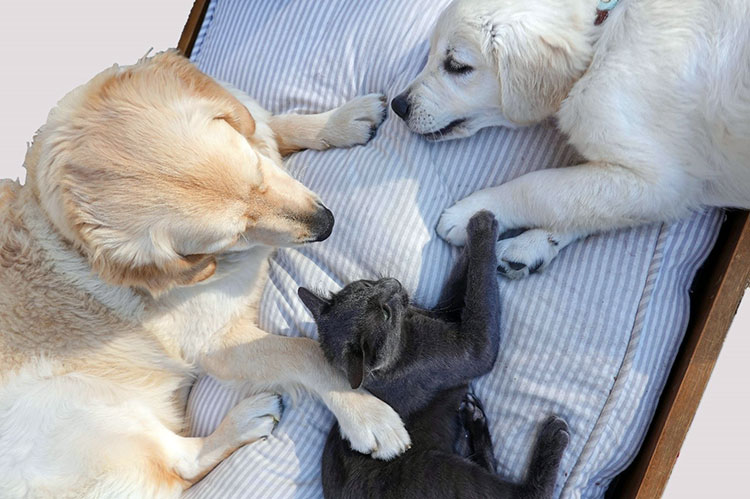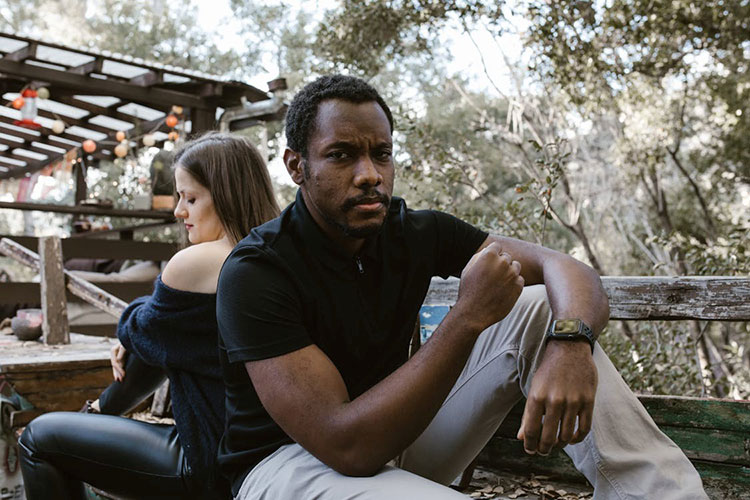
Magnuson Lowell Blog
Each week we post a blog about relevant legal issues. Glance through our various topics to learn more about a particular legal situation.
These articles are for limited informational purposes only and are not, nor are they intended to be, legal advice. You should not rely on this information for your case and should consult with an attorney for advice regarding your individual situation.
Most Recent Posts ...
Posted on: 4/7/2025
Posted on: 3/31/2025
Posted on: 3/24/2025
Posted on: 3/17/2025
Search All Blog Posts
Blog Post Archive Categories
- Reconciling After a Divorce Filing
- Dividing Retirement in Divorce - Do I Need a QDRO?
- Options for Dealing with Real Estate in Your Washington State Divorce
- Positive Thoughts After Losing a Family Law Motion
- Supervised Visitation for Washington Parenting Plans: What You Need to Know
- Filing for Immediate Restraining Orders in King County
- (Redmond/Criminal Defense) Time Matters for a DUI
- (Redmond/Criminal Defense) Field Sobriety Tests - What Not to Do
- (Redmond/Criminal Defense) - The (Redmond/Criminal Defense) - The Ability to Remain Silent
- Battling Father Time: Crafting Your Legacy with Precision
- Tips for Talking to Your Family About Your Estate Plan
- How to Choose Your Personal Representative for your Will
- What is a Trial Continuance in Washington State?
- Renewing a Domestic Violence Protection Order in Washington State
- Little Known Washington Driving Laws
- What Happens to Your Pets in a Divorce?
- Steps to Take if You Suspect Your Spouse Is Hiding Assets
- Divorce Mediation Tips for High-Conflict Couples
- Why Expediency is Important After Your Car Accident
- Understanding Independent Medical Examinations (IMEs) in Washington State
- It only takes 3 seconds...
- Gotta love our court system!
- (Redmond/Crazy Lawsuit) The Walking Dead: or Not!
- (Redmond/Crazy Lawsuit) Here Comes Football - and Litigation
- Honoring Our Heroes: A Thank You to All Who Have Served!
- Happy Halloween from Magnuson Lowell
- 10 Tips You Need To Know Before Getting On A Motorcycle
- Top 10 Tips You Need To Know Before Getting On A Motorcycle
- Top 10 Tips Riders Need To Know Before Getting On A Motorcycle
- In a Car Collision...Now What?
- Who primarily cared for the pet (feeding, walking, vet appointments)
- Who purchased or adopted the pet, and when
- Whether the pet was acquired before or during the marriage
- Which spouse has a more pet-friendly living situation post-divorce
- Whether the pet is attached to any children and how it might affect them
- A visitation schedule
- Which spouse covers vet bills or grooming expenses
- Pick-up and drop-off logistics
- Rules about pet care, diet, and travel
- Removing the pet without the other spouse’s knowledge or consent
- Neglecting or mistreating the pet during the divorce
What Happens to Your Pets in a Divorce?

For many families, pets are more than just animals, they're beloved members of the household. When a couple decides to divorce, the question of who keeps a pet can quickly become emotional and contentious. Unlike children, pets are considered personal property under Washington law, but that doesn't mean decisions about them are simple or without conflict.
If you're facing a divorce and wondering what happens to your dog, cat, or other pet, understanding your legal rights and options can help you navigate the situation more effectively.
Pets as Property in Washington State
Washington is a community property state, meaning most assets acquired during the marriage are split equally. This includes real estate, vehicles, bank accounts, and yes, pets. From a legal perspective, pets are considered personal property, which means the court are not required to look at their well-being the same way it does with children.
That said, courts are increasingly aware of the emotional bonds people share with their animals, and many judges are willing to consider those connections when deciding who should keep a pet.
How the Court Might Decide Pet Ownership
Because pets are treated as property, the court typically awards ownership of the pet to one spouse as part of the overall division of assets. When deciding who should receive the pet, the court may look at factors such as:
If the pet was clearly one spouse’s separate property (such as a pet brought into the marriage), that person is more likely to retain ownership.
Pet Custody Arrangements
While Washington law doesn’t formally recognize “pet custody,” some divorcing couples choose to create informal agreements outside of court. Much like a parenting plan for children, a pet-sharing arrangement can outline:
These agreements are most effective when both parties remain on civil terms and are committed to the pet’s well-being. Although not enforceable in the same way as a child custody order, these arrangements can help avoid future disputes. That being said, these types of arrangements are often discouraged because of their complexity and difficulty with enforcement.
What to Avoid During a Pet Dispute
As emotionally charged as the issue of pet ownership can be, it's important to stay calm and handle the matter through legal channels. Avoid taking actions that could harm your case, such as:
Unreasonable behavior can negatively impact how the court views your credibility during the proceedings.
Planning Ahead with a Pet Agreement
If you're entering a marriage and already own a pet, or plan to adopt one together, you may want to consider a prenuptial or postnuptial agreement that includes provisions about pet ownership in the event of a divorce. These agreements can clarify expectations and reduce uncertainty later on.
Speak with a Washington Divorce Attorney
Deciding who keeps a pet after a divorce can be just as emotional as any other aspect of the process. At Magnuson Lowell, P.S., we understand how much your furry companions mean to you. Our family law attorneys will advocate for your interests and help you reach a resolution that considers both the law and your bond with your pet.
We offer free telephone case evaluations. Contact us today to discuss your divorce and how we can help protect what matters most 425-800-0572




